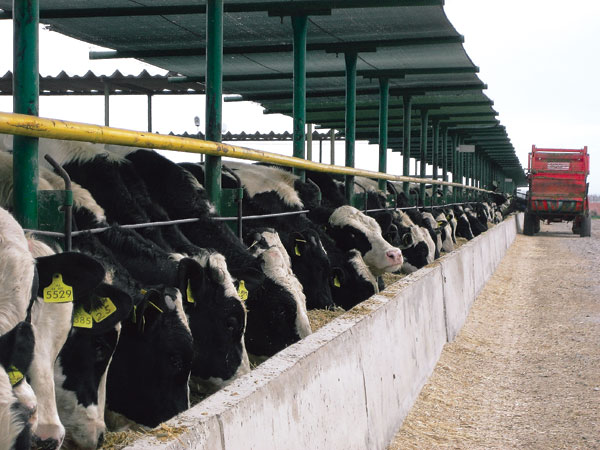April 25, 2012

The U.S. Department of Agriculture (USDA) confirmed Tuesday identification of an atypical case of bovine spongiform encephalopathy (BSE) as part of its ongoing monitoring of livestock in the United States. The animal, a dairy cow in central California, was not presented for slaughter for human consumption, and never posed a risk to the food supply or human health.
USDA’s Animal and Plant Health Inspection Service (APHIS) is continuing to investigate the case, which was confirmed late Monday, April 23, but preliminary results indicate that this is an atypical case of BSE. According to USDA Chief Veterinary Officer John Clifford, this indicates that the case is unrelated to consumption of animal feed.
This latest finding will not have any impact on the United States’ “controlled risk” BSE classification through the World Organization for Animal Health (OIE) and should not affect access for U.S. beef products in international markets.
“The most important message is that U.S. beef is safe,” says Philip Seng, U.S. Meat Export Federation (USMEF) president and CEO. “We are already reaching out to our trade contacts around the world to reassure them that this finding is an indication that the system to safeguard the wholesomeness and safety of U.S. beef is working. The U.S. government is providing this same information through its channels to all of our trading partners.”
The United States maintains a vigilant system of interlocking safeguards to protect human and animal health against BSE. Those include the removal of all specified risk materials (SRMs) during processing, USDA’s ban on any use of SRMs in both human or animal food, and constant monitoring of livestock to ensure that no higher-risk non-ambulatory (or “downer”) animals are processed for consumption.
Global BSE cases peaked at 37,311 in 1992, but steps taken by countries around the world have dramatically reduced new cases to a minimum. Of the four cases identified over the years in the United States, one animal was traced back to Canada. The other two earlier cases were both classified as atypical.
You May Also Like



